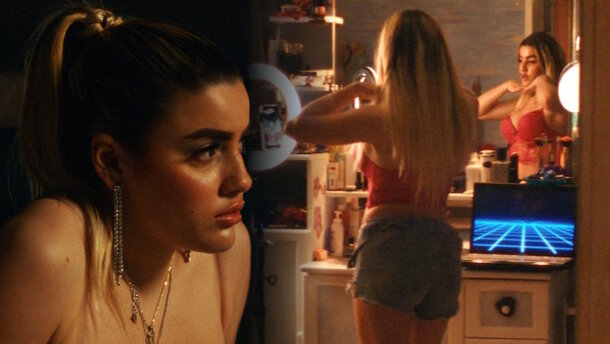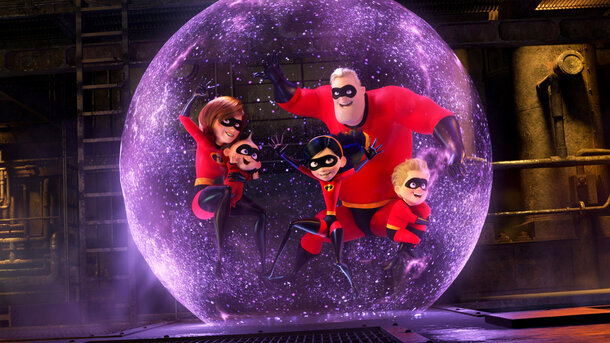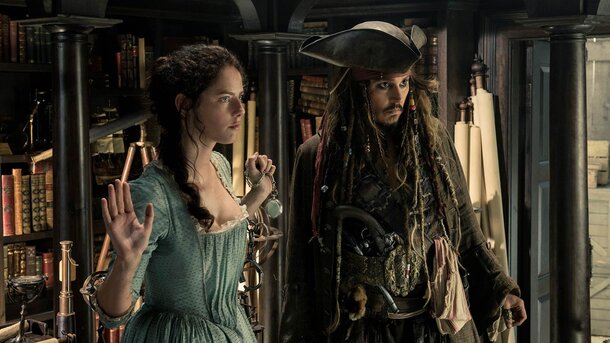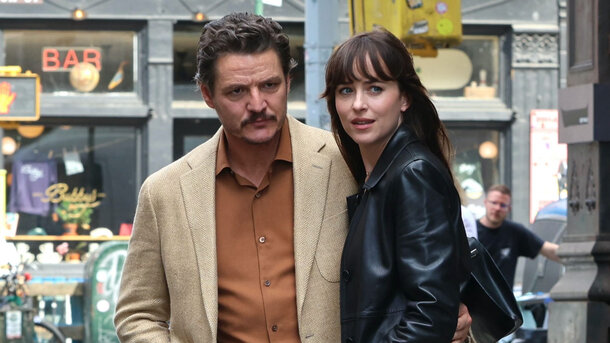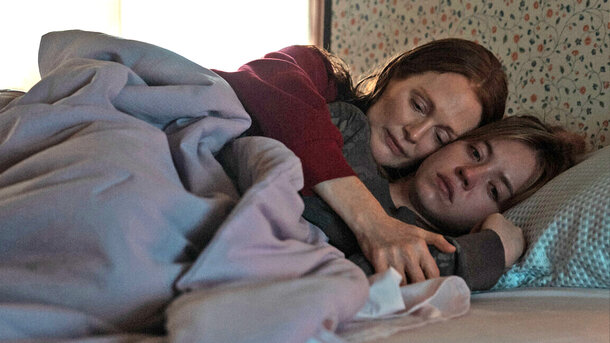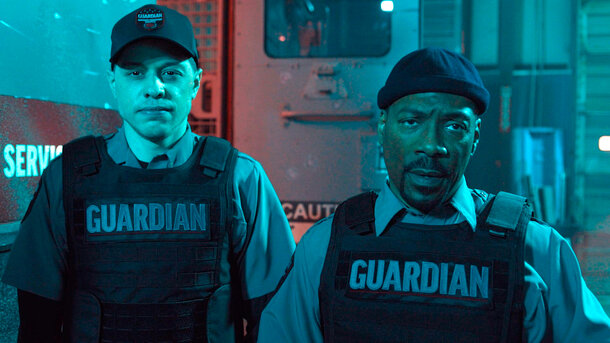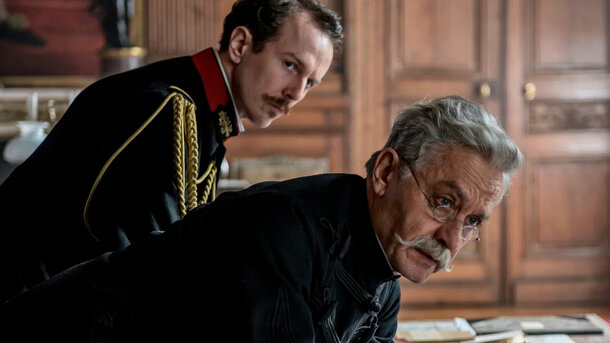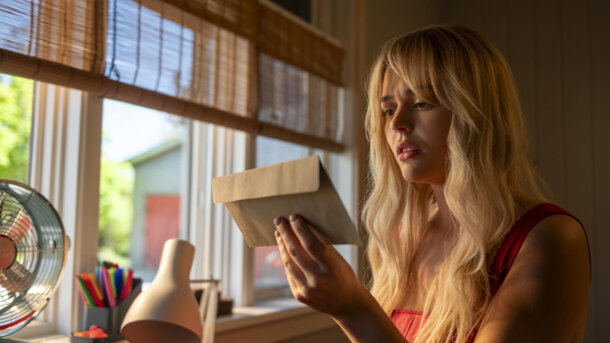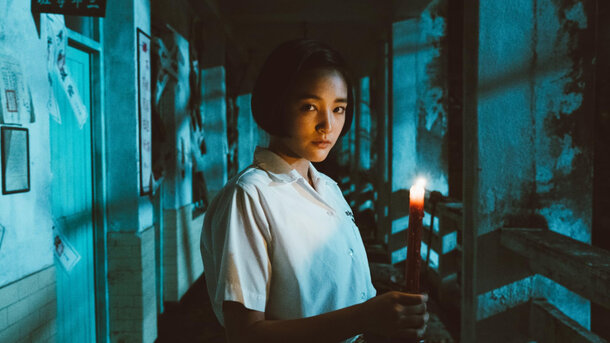Let me take you into a corner of the French Riviera that rarely makes the postcards — not the glamour of Cannes, but the concrete outskirts where 19-year-old Liane burns with a hunger that’s nearly feral. Fame, for her, isn’t about lights or legacy. It’s about escape. Wild Diamond left me unsettled in the most thought-provoking way. You won’t find comfort here — only a raw, pulsating need that feels alarmingly real.
Agathe Riedinger’s feature debut doesn’t pull any punches. Instead, it paints a hyper-glossy yet grimy portrait of a world where reality television becomes a mirage in the desert of poverty, neglect, and longing. Liane, played magnetically by Malou Khebizi, is not so much an antiheroine as she is a reflection of society’s cruel contradictions — gorgeous, brash, and painfully overlooked.
A Plot Drenched in Neon Desperation
Liane lives in the shadow of the French coastal paradise, where wealth and privilege are visible but out of reach. Her mother is absent in spirit, her siblings borderline feral, and her only path out seems to be an audition for a Love Island-style reality show. It’s her shot at transformation, validation, maybe even salvation.
We follow Liane as she contorts herself into the perfect version of what the world wants — all filters, filler, and flair — even as her humanity begins to splinter. The tension builds not through events, but through a sense of creeping erosion. What starts as a dream ends as a dare to survive.
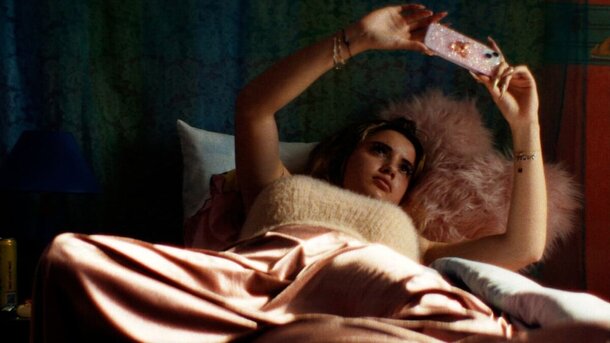
A Vision That Cuts
Riedinger’s direction is unapologetically stylised — think bold colours, TikTok aesthetics, and jagged pacing. It works. The visual palette mirrors Liane’s fractured psyche, and at times, the frame feels like it might crack under its own pressure. For a debut, this is shockingly assured. It’s immersive, intense, and unnerving.
Performances That Refuse to Be Polished
Malou Khebizi delivers a breakout performance that deserves serious attention. She is both tragic and triumphant — never begging for our sympathy, yet impossible to ignore. Nassim Lyes and Djibril Dave Lobjois offer grounded counterpoints to Liane’s volatility, but the focus is razor-locked on her.
There’s something almost documentary-like in the way the film observes — not judging, not forgiving, just watching. And trust me, you will watch. You won’t be able to stop.
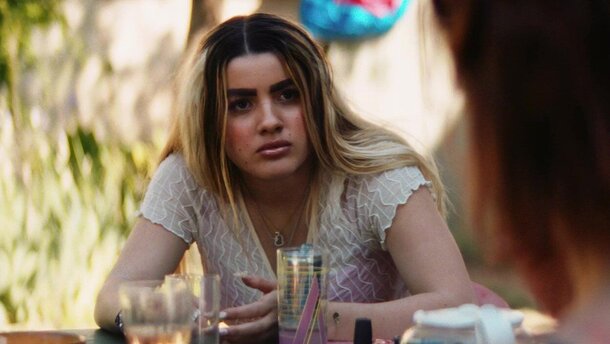
Audience Reactions: USA vs. UK
In the UK, viewers seem to connect deeply with the film’s critique of class and fame. It’s being praised for its raw depiction of modern-day ambition and the dark underbelly of influencer culture — a familiar topic on this side of the Atlantic. British audiences have drawn comparisons to Fish Tank and Rocks, with many calling it “hauntingly real.”
Meanwhile, US viewers are split. Some are enthralled by the film’s neon intensity and social message, but others find it “slow” or “too bleak.” Perhaps the cultural lens is the difference — in the US, fame is still largely seen as aspirational, whereas in the UK, we tend to be more cynical about what lies beneath the surface.
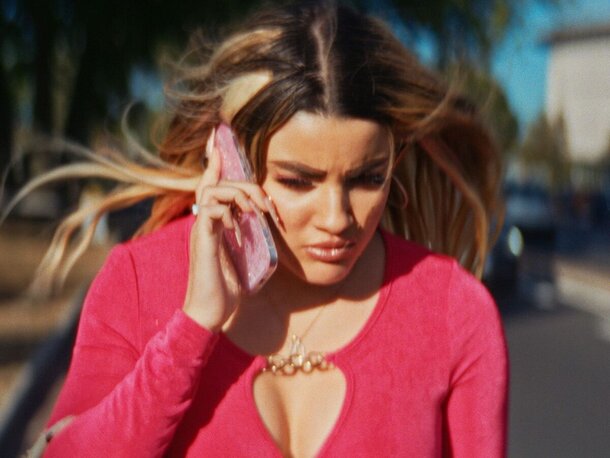
Final Verdict: Not Pretty, But Powerful
Wild Diamond isn’t the kind of film you “like” — it’s the kind you survive. It’s not tidy, nor should it be. Riedinger tells a brutally modern tale with style, depth, and fury. For a debut, it’s jaw-droppingly confident.
This is cinema that aches — and it makes you ache too. If you’ve ever questioned the cost of being seen, Wild Diamond offers no answers, only reflections.
